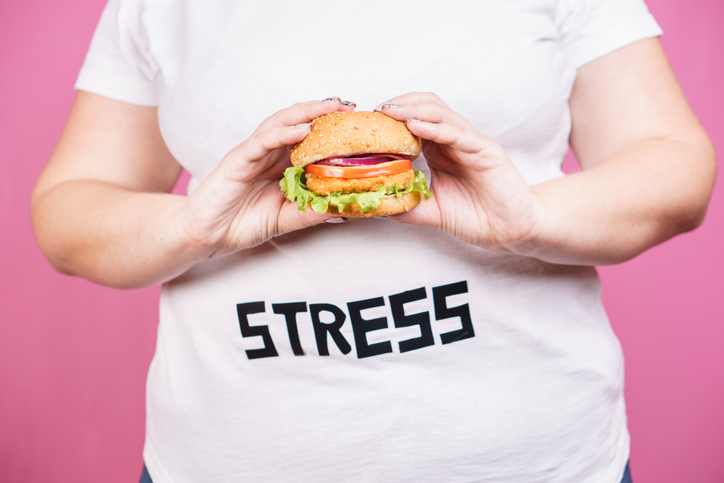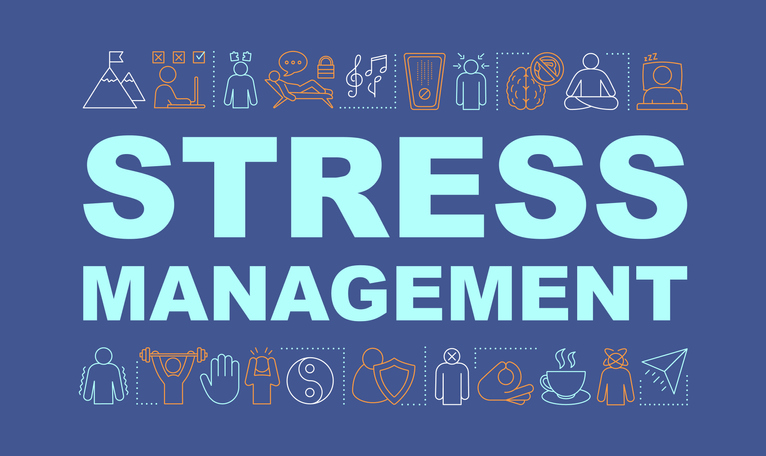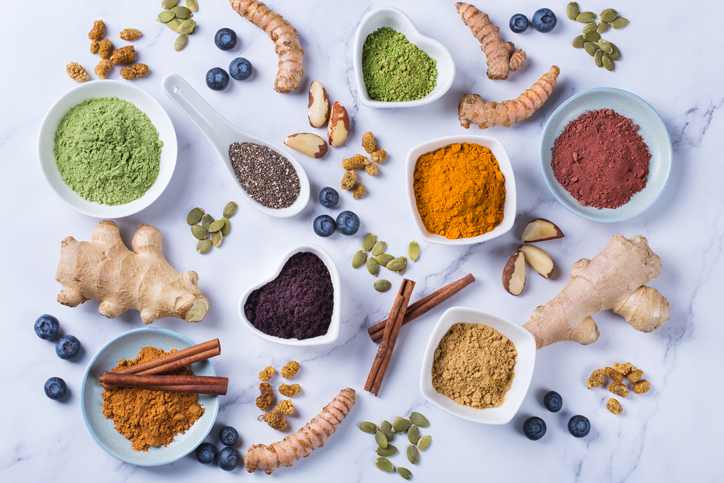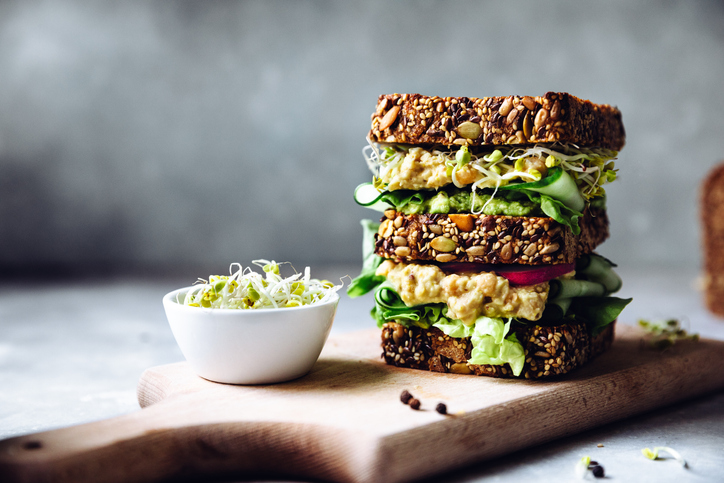Wellness
Foods to Avoid for Stress Management

Stress can negatively affect overall health. Acute stress can cause various health issues including, but not limited to, headaches, weight gain, digestive problems and decreased immunity. Chronic stress increases the risk for type 2 diabetes, obesity, anxiety, depression and heart disease. An estimated 55% of Americans report feeling stressed, and 22% out of that 55% use food as a coping mechanism for stress.
When stress occurs, the body releases cortisol, insulin and ghrelin hormones, which cause unhealthy food cravings. If stress continues, another hormone, called leptin, increases. Leptin helps the body recognize when it is full. Too much leptin can lead to loss of appetite.
The old adage, “You are what you eat,” has a ring of truth to it. Diet can affect stress levels. Foods to avoid for stress management include the following:

Caffeine
High levels of caffeine decrease the body’s production of serotonin (a feel-good chemical), resulting in depressed moods. If consumed after noon, caffeine can interfere with sleep. Coffees, teas and colas often contain caffeine. Too much caffeine causes anxiety, jitters and stress.

Alcohol
Drinking alcohol can dehydrate the body and negatively affect sleep patterns. It also affects levels of neurotransmitters and serotonin in the brain. Overindulging in alcohol increases the risk of depression. Excessive alcohol use can also cause or worsen chronic health conditions. Moderate consumption of alcohol is typically safe; however, for those with chronic health conditions, a health care professional should be consulted to discuss any risks.

Refined sugar
Refined sugar, often found in cookies, cakes and candies, causes blood sugar levels to quickly rise and rapidly drop. When blood sugar levels rapidly spike and crash, stress levels increase and energy levels ultimately decrease. High intake of refined sugar also increases the risk of depression, irritability and anxiety. Refined sugar is not only found in processed “sweets,” it can also be found in other foods, such as ketchup, some salad dressings, pastas, and white bread.

Processed foods
Processed foods, especially fermented cheese and red wine, are often high in histamine, both a neurotransmitter and an immune-system chemical. Histamine can aggravate the cardiovascular and nervous systems, disturb the digestive process, and irritate hormones. If an individual is sensitive to histamine, it can trigger anxiety and insomnia.

Non-dairy creamers
Non-dairy creamers are often packed with trans fats, which increase LDL (bad) cholesterol and lower HDL (good) cholesterol. Trans fats are linked to depression and anxiety. Milk, cream, almond milk or soy milk are better choices.

















